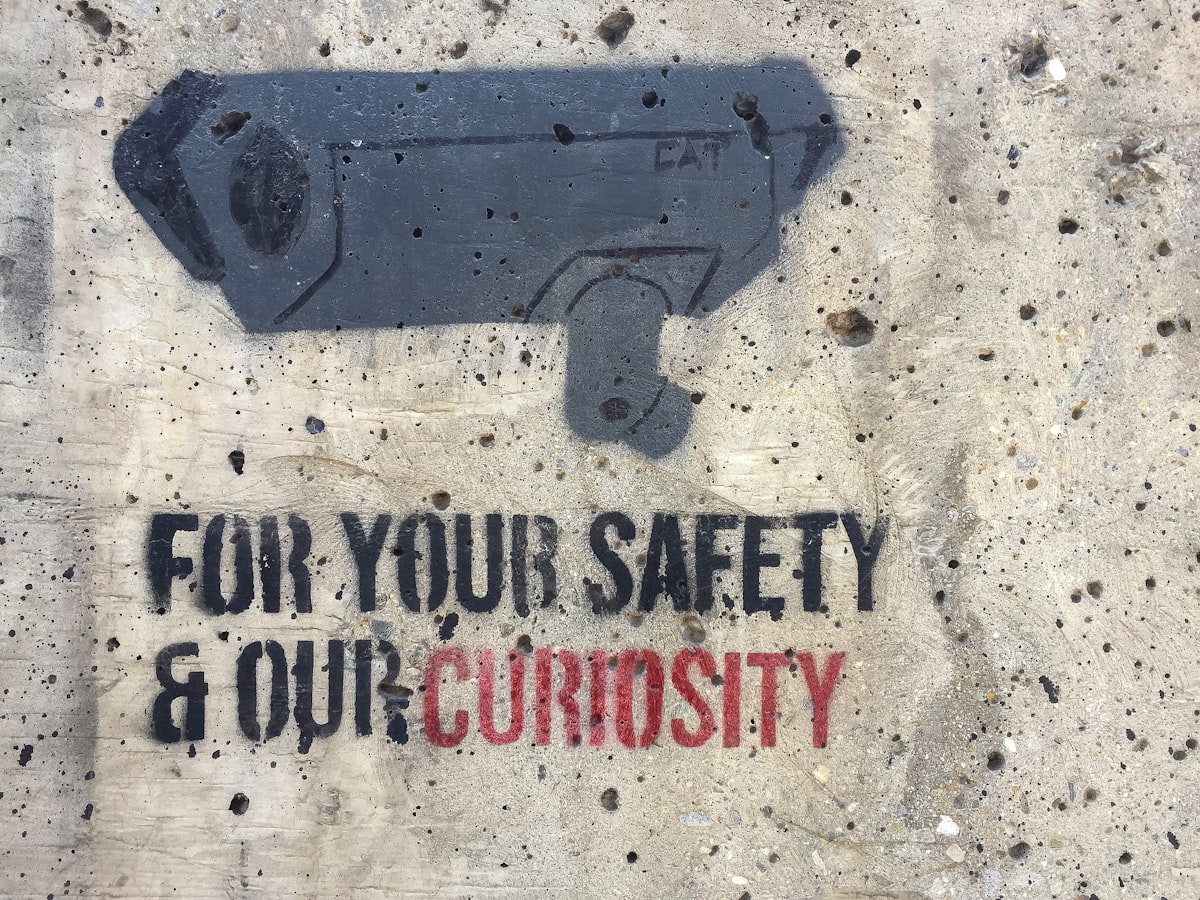Facing the Future: : The Intricacies of Facial Recognition

Remember when unlocking your phone with a passcode was the norm? Fast forward to today, and facial recognition is not just about convenience; it's reshaping industries and sparking debates on privacy and ethics. This technology, which once seemed like a futuristic concept, is now very much a part of our daily lives. From security measures to personalised marketing, our faces are becoming the new password.

The Radio City Incident
In a rather unexpected turn of events, a night out at the Rockettes in New York in late 2022 became a focal point of discussion. A solicitor found herself barred from entry when her face was scanned and matched to an "exclusion list". This incident has not only raised eyebrows but has also ignited a broader conversation about the implications of facial recognition in public places. It's a stark reminder that the technology, while impressive, can tread on thin ice when it comes to personal rights and freedoms.
The Business Perspective
Facial recognition is no longer confined to the realms of sci-fi. Businesses across the globe are harnessing its potential for a myriad of applications. In the retail sector, for instance, it's being used to offer personalised shopping experiences. Walk into a store, and digital signs might display adverts tailored just for you based on your shopping history. On the flip side, there are concerns. How do businesses ensure they're not overstepping boundaries? And what happens if there's a data breach? The balance between innovation and privacy is a delicate one.
The Booming Industry
The numbers speak for themselves. The facial recognition market is projected to reach a staggering £16.7 billion by 2030. This growth is driven by advancements in AI and machine learning, making the technology more accurate and accessible. However, with great power comes great responsibility. As the industry thrives, there's a pressing need for ethical considerations and regulations to ensure that the technology is used responsibly.

The Regulatory Landscape
While facial recognition is advancing at breakneck speed, regulations seem to be playing catch-up. Only a handful of places have clear guidelines on how this technology can be used, especially by private entities. The incident at Radio City Music Hall underscores the potential pitfalls and the need for a regulatory framework. Without proper oversight, there's a risk that the technology could be misused, leading to unwarranted surveillance or even discrimination.
Privacy Concerns and Implications
Facial recognition, while groundbreaking, brings to light significant privacy and ethical challenges:
- Data Vulnerabilities: The ease of collecting facial images in public spaces raises concerns about data storage and security. A breach could lead to severe consequences, from identity theft to harassment. As databases grow, especially those used by law enforcement or businesses, the risk of misuse intensifies as there is no easy way to change our facial characteristics unlike passwords.
- Bias and Misidentification: The technology has shown disparities in accuracy across different demographics. For instance, it tends to recognise white men more accurately than women or ethnic minorities. Such biases can lead to grave errors, from false arrests to systemic discrimination. The case of Nijeer Parks, wrongfully arrested due to a misidentification, underscores the real-world implications of these biases.
- Invasion of Privacy and Freedoms: The pervasive nature of facial recognition means individuals often find themselves under surveillance without their knowledge or consent. This not only infringes on personal privacy but can also stifle freedom of speech and association. The potential for mass surveillance, especially during events like protests, can deter individuals from expressing dissent or engaging in political activism.
- Transparency and Accountability Issues: There's a notable lack of clarity about who holds biometric data, how it's used, and for what purpose. Without transparency, individuals are left in the dark, unable to control or even access their data. Cases like Clearview AI's unauthorised data harvesting highlight the urgent need for stringent oversight and regulations.
- Normalisation and Accessibility Concerns: As facial recognition becomes more commonplace, there's a risk of society becoming desensitised to constant surveillance. Moreover, as the technology becomes more accessible, it's not just institutions but individuals who might misuse it, leading to potential personal conflicts and breaches of privacy.
Potential Solutions
To address these concerns, it's imperative to ensure transparency in the collection, storage, and sharing of biometric data. Individuals should have the ability to access, control, and delete their data. Clear and informed consent should be a prerequisite before any biometric data is included in a database or accessed.
Thoughts
Facial recognition is undeniably transformative. It offers convenience, enhances security, and has the potential to revolutionise industries. But as we embrace this new frontier, it's crucial to tread carefully, ensuring that the technology serves us and not the other way around. The conversation is just beginning, and it's one that every one of us needs to be a part of.
